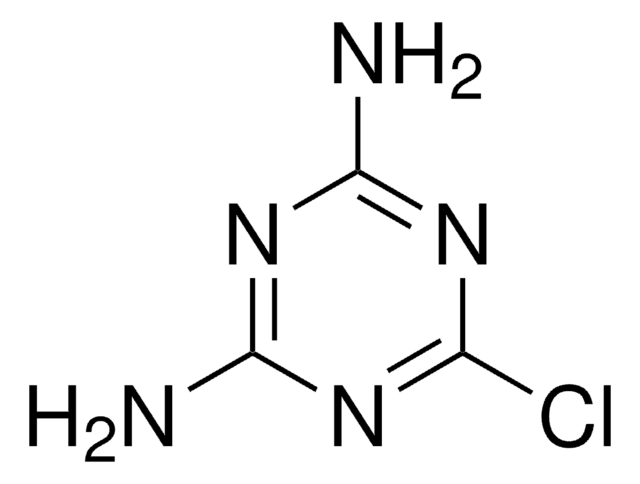C3200000
Cyclobenzaprine hydrochloride
European Pharmacopoeia (EP) Reference Standard
Synonym(s):
5-(3-Dimethylaminopropylidene)dibenzo[a,e]cycloheptatriene hydrochloride
About This Item
Recommended Products
grade
pharmaceutical primary standard
API family
cyclobenzaprine
manufacturer/tradename
EDQM
application(s)
pharmaceutical (small molecule)
format
neat
SMILES string
Cl.CN(C)CC\C=C1\c2ccccc2C=Cc3ccccc13
InChI
1S/C20H21N.ClH/c1-21(2)15-7-12-20-18-10-5-3-8-16(18)13-14-17-9-4-6-11-19(17)20;/h3-6,8-14H,7,15H2,1-2H3;1H
InChI key
VXEAYBOGHINOKW-UHFFFAOYSA-N
Gene Information
human ... HTR2A(3356) , HTR2C(3358)
Looking for similar products? Visit Product Comparison Guide
General description
Application
Biochem/physiol Actions
Packaging
Other Notes
related product
Signal Word
Danger
Hazard Statements
Precautionary Statements
Hazard Classifications
Acute Tox. 3 Oral - Acute Tox. 4 Dermal - Acute Tox. 4 Inhalation
Storage Class Code
6.1C - Combustible acute toxic Cat.3 / toxic compounds or compounds which causing chronic effects
WGK
WGK 3
Flash Point(F)
Not applicable
Flash Point(C)
Not applicable
Choose from one of the most recent versions:
Certificates of Analysis (COA)
Sorry, we don't have COAs for this product available online at this time.
If you need assistance, please contact Customer Support.
Already Own This Product?
Find documentation for the products that you have recently purchased in the Document Library.
Our team of scientists has experience in all areas of research including Life Science, Material Science, Chemical Synthesis, Chromatography, Analytical and many others.
Contact Technical Service



